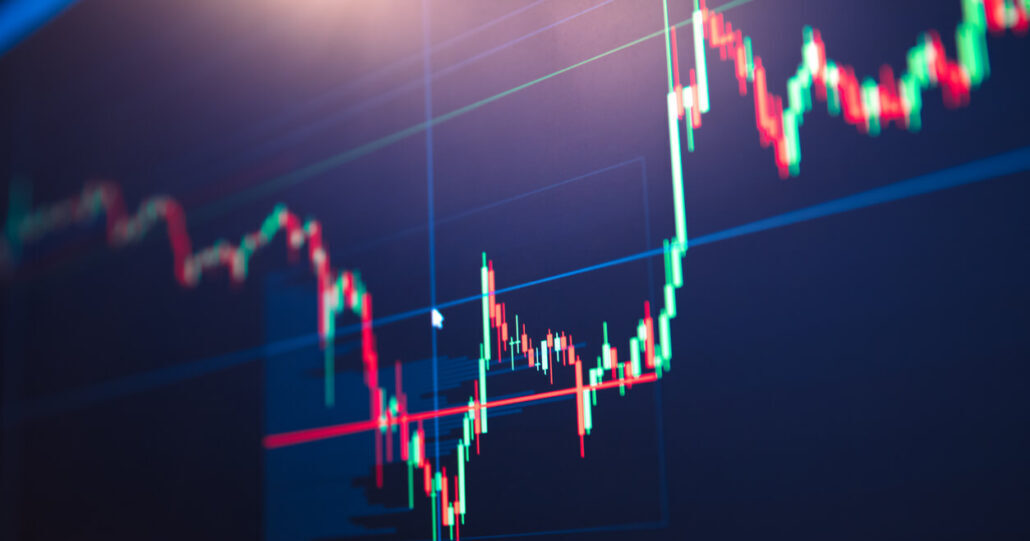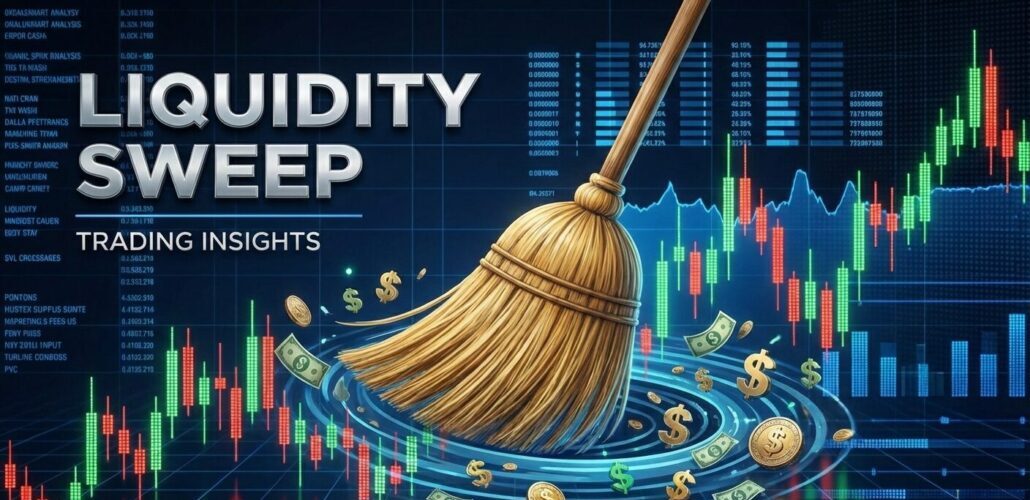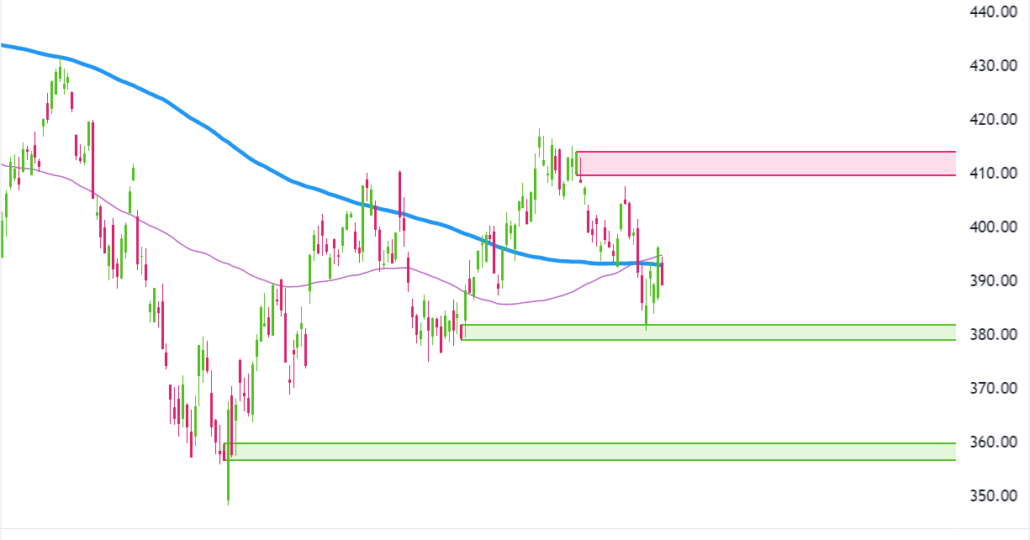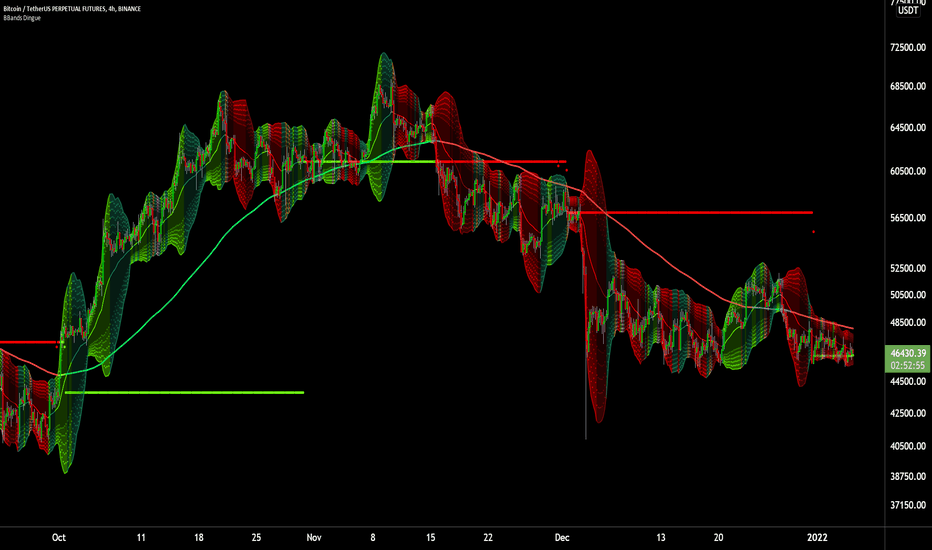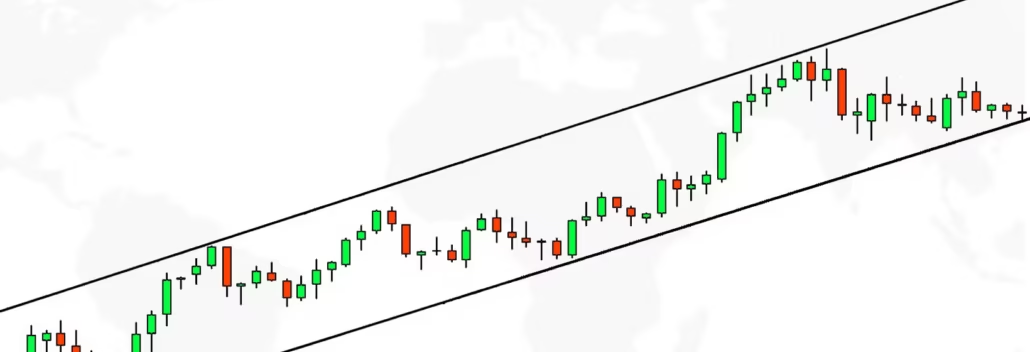Plus500 vs Other Trading Platforms: Which Is Better?
 Sam Reid Staff Writer
Sam Reid Staff Writer
Introduction
Over the past decade, online trading has expanded rapidly across the Gulf region. A report by the Securities and Commodities Authority (SCA) highlighted that retail participation in financial markets across the UAE has steadily increased, with thousands of new accounts being opened annually. Traders from Dubai to Riyadh now demand platforms that are not only safe but also accessible and affordable.
When it comes to choosing between Plus500 and other brokers, it is worth carefully weighing their differences. In this plus500 review, we compare it against two of the top other trading platforms in the Gulf: FBS and XM. By the end, you will have a clearer idea of which broker aligns with your trading goals.
Plus500 Review: A Regulated, No-Frills Approach
Company Background
Plus500, founded in 2008, is a London Stock Exchange-listed broker and part of the FTSE 250 index. It has grown to serve more than 30 million clients worldwide, with regulation in multiple jurisdictions including the UAE under both the SCA and DFSA. This local presence is a major plus for Gulf traders seeking security.
Instruments Available
Plus500 offers CFDs across more than 2,800 instruments, ranging from forex and stocks to commodities, indices, crypto, and ETFs. What gives Plus500 an edge for UAE traders is the inclusion of over 20 local equities from the Dubai Financial Market. Gulf investors who want exposure to local companies, such as Emaar or Emirates NBD, can find them on the platform.
Fees and Costs
Plus500 uses a spread-only pricing structure with no added commissions. EUR/USD spreads typically start from 1 pip and average 1.4 pips. While transparent, this is not the lowest in the market. Overnight financing fees apply, and inactivity fees kick in after three months of no login. However, there are no charges for deposits or withdrawals.
Platforms and Usability
The broker offers its proprietary WebTrader platform and mobile apps. These are easy to use, clean, and beginner-friendly. On the downside, there is no MetaTrader 4 or MetaTrader 5 support, no copy trading, and no algorithmic trading options. Traders who rely on automation may find this limiting.
Research and Education
Plus500 has introduced a Trading Academy and its unique +Insights feature. The latter provides data-driven insights such as trader sentiment and top-performing instruments. These tools are practical for decision-making, although less advanced than what some global competitors provide.
Regulation and Safety
For Gulf traders, the highlight is local regulation by both the DFSA and SCA. This gives an added layer of reassurance that funds are kept in segregated accounts and oversight is strong.
FBS: Low Barriers to Entry and High Flexibility
Company Overview
Founded in 2009, FBS serves more than 27 million traders across 190 countries. It is regulated by CySEC, ASIC, FSCA, and IFSC. While it does not have local UAE licensing, Gulf residents can open accounts with FBS and benefit from its competitive trading environment.
Key Advantages
The most striking feature of FBS is accessibility. The minimum deposit is just $1, making it extremely beginner-friendly. Leverage can go up to 1:3000, one of the highest levels offered by a regulated broker. For many Gulf traders starting small, this can be appealing.
Instruments
FBS offers forex, metals, energies, stocks, and indices. It supports 28 forex pairs, major indices like NASDAQ100 and FTSE100, and commodities such as gold and oil. While the range is not as broad as Plus500, it covers the most actively traded markets.
Fees and Accounts
Spreads on major forex pairs can be as low as 0.5 pips. Stock CFDs carry a 0.7% commission. Importantly, FBS does not charge inactivity fees, making it cost-efficient for traders who may not be active every month. Account options include Cent, Standard, and Pro, catering to both beginners and experienced traders.
Platforms
FBS provides MT4, MT5, and its proprietary FBS Trader app. This flexibility is appreciated by traders who want advanced charting and automation options. Copy trading is available, which is attractive for beginners who prefer to follow experienced traders.
Education and Support
FBS offers educational materials like webinars, articles, and tutorials. Research tools include real-time market news and calculators. While solid, their depth may not match XM’s research tools. Support is available in 18 languages, although UAE clients are handled by the global team.
XM: Strong Education and Research for Gulf Traders
Company Overview
XM, founded in 2009, serves over 15 million traders and is regulated in the UAE by the DFSA, as well as by FCA, ASIC, and CySEC. Local oversight makes it a safe option for Gulf traders who prioritize regulation.
Instruments
XM offers over 1,000 instruments, including 57 forex pairs, 1,000 stocks, 20+ indices, commodities, metals, and 31 cryptocurrencies. While not the widest range globally, the stock selection across 18 markets stands out.
Fees and Accounts
XM accounts include Micro, Standard, Ultra Low, and Shares. Spreads on EUR/USD average around 1.6 pips, which is above industry norms, though commodity and index CFDs are more competitive. Minimum deposits start at $5. Inactivity fees are applied after 12 months.
Platforms
XM uses MT4 and MT5, along with its own app for iOS and Android. For Gulf traders familiar with MetaTrader, this provides familiarity and flexibility, especially with algorithmic trading.
Research and Education
XM excels in this category. It partners with Trading Central for analytics, provides XM TV and XM Podcast for daily insights, and offers webinars and seminars in multiple languages. Educational quality is a standout feature compared to many brokers.
Regulation and Safety
XM is DFSA-regulated in the UAE, ensuring strong local compliance. It keeps funds in segregated Tier 1 banks and offers negative balance protection.
Comparing the Three Platforms
Minimum Deposit
- Plus500: $100
- FBS: $1
- XM: $5
For beginners in the Gulf region, FBS and XM clearly offer more accessible entry points.
Leverage
- Plus500: up to 1:300
- FBS: up to 1:3000
- XM: up to 1:1000
FBS is the leader in this area, though Gulf traders should remember that high leverage increases both profit potential and risk.
Regulation in the UAE
- Plus500: DFSA and SCA
- FBS: None locally, but regulated globally
- XM: DFSA
Plus500 and XM provide local regulation, which is an important reassurance for Gulf-based clients.
Trading Platforms
- Plus500: Proprietary only
- FBS: MT4, MT5, FBS Trader
- XM: MT4, MT5, XM App
For traders who prefer MetaTrader, FBS and XM are more appealing. Plus500 is best for those who value simplicity over advanced tools.
Instruments
- Plus500: 2,800+ CFDs including UAE-listed stocks
- FBS: Forex, metals, energies, stocks, indices, exotics
- XM: 1,000+ markets including real stock investing
Plus500 offers the widest range, particularly for Gulf investors interested in UAE equities.
Key Considerations for Gulf Traders
- Local Regulation: Gulf traders generally prioritize security and trust. Both Plus500 and XM provide DFSA regulation, while Plus500 also holds an SCA license. This makes them more suitable for those who value local oversight.
- Trading Costs: For cost-sensitive traders, FBS with its tight spreads and no inactivity fees can be very attractive. XM’s spreads are higher for forex, but better for commodities and indices. Plus500’s simplicity comes at the expense of slightly wider spreads.
- Platforms: Traders who use bots or copy trading will gravitate toward FBS or XM. Plus500’s proprietary platform is best suited for manual traders who want a simple interface.
- Education and Support: XM leads with its high-quality education and research tools. Plus500 provides solid but lighter resources, while FBS sits in the middle.
Conclusion
So, which trading platform is better for Gulf traders?
- Choose Plus500 if you want a locally regulated, simple-to-use broker with wide access to markets, including UAE-listed companies.
- Choose FBS if you are a beginner starting with very small deposits, or if you want high leverage and the ability to use MT4/MT5.
- Choose XM if you value education, research, and a trusted broker with strong regulation and a balanced account structure.
The best choice depends on your goals. Gulf traders should carefully consider regulation, costs, and platform features before making a decision. While these 3 were the focus of the article, an honorable mention goes out to AvaTrade.
FAQs
Which trading platform is better?
It depends on your needs. Plus500 is ideal for simplicity and UAE regulation, FBS is best for low deposits and high leverage, and XM excels in research and education.
Is Plus500 a good trading platform?
Yes, Plus500 is a strong choice for Gulf traders. It is regulated by both the SCA and DFSA in the UAE and offers a simple platform with over 2,800 markets.
Which is better, Trading 212 or Plus500?
Trading 212 is not as widely available in the Gulf as Plus500. For UAE-based traders, Plus500 holds the advantage with local regulation and access to local equities.
Is Plus500 legal in the UAE?
Yes. Plus500 is licensed by the Securities and Commodities Authority (SCA) and the Dubai Financial Services Authority (DFSA), making it fully legal to use in the UAE.
Disclaimer: Remember that forex and CFD trading involves high risk. Always do your own research and never invest what you cannot afford to lose.
 07th Sep 2025
07th Sep 2025



